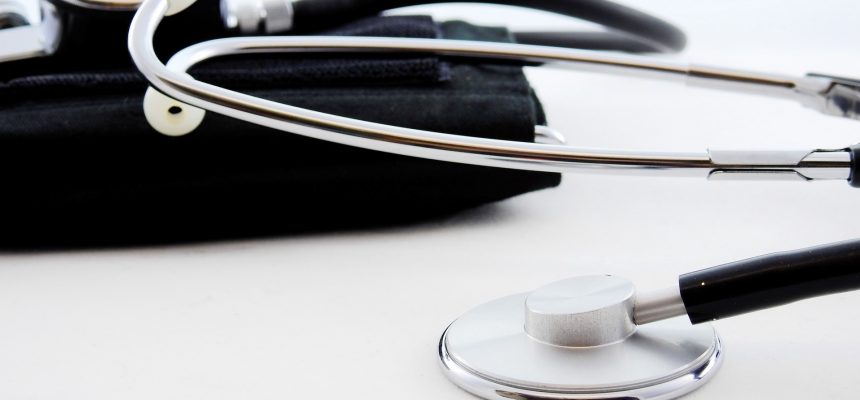Primary Care Physician Experiences Issues Navigating Medical Billing Loophole
By Consumers for Quality Care, on July 10, 2024

Dr. Danielle Ofri, a primary care doctor in New York, recently chronicled her experience with how doctor’ offices and urgent care centers owned by hospital systems can lead to exorbitant, unexpected medical bills, in a guest column published by The New York Times.
Dr. Ofri took her daughter to a nearby urgent care center to take two X-rays of her ankle and wrist to see whether she had suffered a fracture as a result of a bike injury. The appointment took 20 minutes and only showed a sprain. Dr. Ofri believed that an urgent care center was the right facility for this care, as being admitted into an emergency room would be too expensive, and scheduling an orthopedic appointment would take too long.
Dr. Ofri expected a charge of around $100, but instead was charged over $1,100 for her daughter’s X-rays. Dr. Ofri soon learned that since the urgent care clinic was owned by a hospital, they were allowed to charge hospital prices. These facilities, known as hospital outpatient departments, or HOPDs, can be miles away from the nearest hospital, and appear as independent, stand-alone offices, yet can be affiliated with a hospital system. These facilities are seen by consumers as alternative medical sites to seek faster, less expensive care, but can fool anyone, including medical professionals like Dr. Ofri, when they charge hospital prices outside of a hospital setting.
There is no law forbidding hospital-owned facilities to charge hospital prices or requiring these facilities to disclose what prices consumers can expect to pay. Hospitals have been aggressively acquiring independent doctor practices, with these mergers hurting access to care and health care affordability.
HOPDs have been found to charge anywhere from 50 to 600 percent more for routine services like colonoscopies, MRIs, or biopsies, compared to a non-HOPD facility, with HOPDs often tacking on facility fees, despite these offices not being housed in an actual hospital.
CQC urges providers, particularly hospital-owned clinics, to put an end to absurd charges and urges lawmakers to take on these predatory practices.




